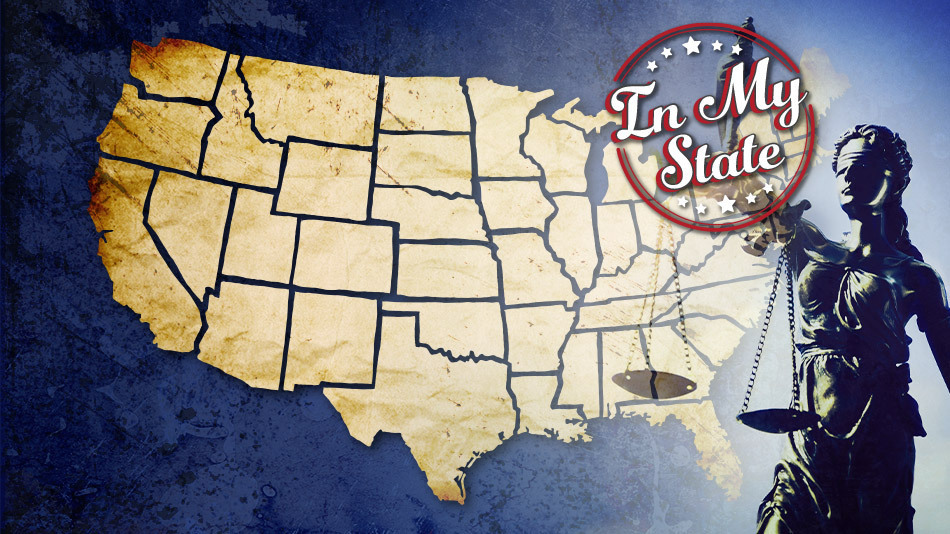
You have been a lawful Weapons Carry License (“WCL”) holder for years, but when you apply to renew your license, you receive an “Order Denying Weapons Carry License” from your county probate court detailing how information on your criminal history from decades ago requires a denial of your license, even though you’ve lawfully carried this license for many years. If this sounds familiar, you’re probably wondering what your next steps are. Here’s what you need to know and how to navigate this issue.
The Confusion
There can be a great deal of misinformation to sift through when long-term WCL holders are suddenly denied a license. The denial can be based on incorrect information found in the licensee’s criminal history. More frequently, a denial is caused by correct information interpreted incorrectly. A juvenile offense improperly recorded or reviewed, or a charge that was later reduced or dismissed, can wreak havoc on your weapons carry rights.
But why now, after all these years?
The Courts
Whether it’s political pressure, a coordinated effort among judges, or individual judges becoming more attentive to records, probate courts have begun to look more closely at criminal histories. Judges are concerned not only with offenses that clearly prohibit a WCL (including felony convictions, pending felony matters, misdemeanor crimes of domestic violence) but with minor infractions that could prohibit possession. They only need to find “reasonable grounds” to deny a WCL application. Ga. Code Ann. § 16-11-129(e)(1). If an offense could be considered a prohibitor, many judges will deny the license or renewal request, placing the burden on the applicant to prove it wasn’t a prohibiting offense.
For example, if you were involved in a minor altercation years ago and arrested after a misunderstanding at a bar escalated to a fight, the charge could be simple battery, affray (fighting), or disorderly conduct, all of which are misdemeanors that would not outright prohibit the possession of a firearm or a WCL. Because the other party is not listed in your criminal history, however, the court does not know whether the “victim” in the case would qualify the conduct as “family violence”—an offense that requires a license denial. The probate court could interpret this charge as a possible misdemeanor crime of domestic violence, resulting in a WCL denial. The burden is then on you to prove the charge isn’t a prohibiting offense.
Your Options
The Georgia Code grants applicants who have been denied a WCL the right to seek relief. Ga. Code Ann. § 16-11-129(j) requires the judge to inform an applicant of his or her rights to seek reconsideration of the license denial. It also grants applicants the right to request a hearing before the probate court judge to determine the applicant’s fitness to have the license, at which time evidence may be presented to show eligibility to possess a WCL.
Additionally, the applicant may file a mandamus action in Superior Court. A writ of mandamus is a court order directing a government official (in this case, the probate court judge) to fulfill his or her sworn duty under the law and issue the license. If successful, the applicant is entitled to recover costs incurred in the suit and reasonable attorneys’ fees.
As every individual’s situation is unique, the best course of action if you receive a WCL denial letter is to consult an attorney.
For any further questions regarding Weapons Carry Licenses in Georgia, call U.S. LawShield and ask to speak to your Independent Program Attorney.
The information provided in this publication is intended to provide general information to individuals and is not legal advice. The information included in this publication may not be quoted or referred to in any other publication without the prior written consent of U.S. LawShield, to be given or withheld at our discretion. The information is not a substitute for, and does not replace the advice or representation of a licensed attorney. We strive to ensure the information included in this publication is accurate and current, however, no claim is made to the accuracy of the information and we are not responsible for any consequences that may result from the use of information in this publication. The use of this publication does not create an attorney-client relationship between U.S. LawShield, any independent program attorney, and any individual.




Leave A Comment